Recently we told you about the costs of getting a DWI conviction in Raleigh. As we explained, it’s quite expensive. Even if your case is dismissed, you can spend upwards of $3,500 in court and administrative costs, and attorney fees. You can also be sued in civil court for personal injury damages if you hit someone.
But beyond the financial consequences, there are other consequences that you may suffer as a result of a North Carolina DWI arrest and conviction. It does not “drop off” your driving and criminal record like a parking ticket, and it can affect you the rest of your life.
Students And DWI
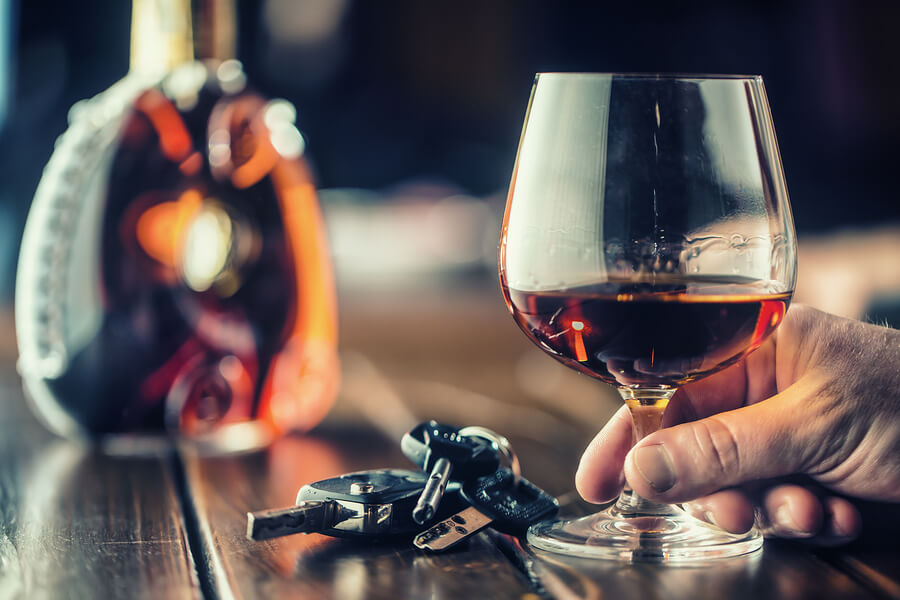
“Zero tolerance” is North Carolina’s law for underage drinking, and anyone under 21 can be convicted with any amount of alcohol in their system, not just the state limit of 0.08.
Additionally, high school students may face additional disciplinary actions at school, such as suspension or even expulsion. At the collegiate level, students may be prevented from receiving scholarships or other financial aid, or lose them if they’re already in college.
Employment
Some employers may terminate your employment immediately after an arrest; it may be part of their company policy (check your company’s employee handbook.) Depending on your job and where you work, you may have some questions to answer, but may not be fired. However, certain types of jobs may end if you’re arrested for DUI. For instance:
- If you’re an air traffic controller or a pilot, your “medical fitness” will be reviewed automatically. If you are found “unfit” as a result of substance abuse, you won’t be allowed to work.
- Professional licenses for doctors and nurses can be suspended or revoked by their respective state boards
- NC’s State Board of Barber Examiners also has the ability to revoke your license after a felony conviction
- Anyone with a commercial driver’s license (CDL), such as truck drivers, can also lose their license—and their livelihood—after a commercial DWI conviction. The legal limit for CDL holders is 0.04, half of the state’s legal limit.
- A DWI conviction can impact government employees with security clearances
A DWI can also affect your professional reputation and relationships with colleagues, coworkers and employees.
Additionally, future employment opportunities may be limited due to a conviction for DUI. If you’re asked if you’ve ever been arrested, you will have to disclose it. If you don’t, an arrest will appear when someone runs a criminal background check. While some jobs may be accepting, others, such as those that require you to drive, may decide against hiring you. You may be unable to acquire a professional license due to a DWI charge in North Carolina.
Housing
A DWI will show up if any landlord, lender or loan officer performs a criminal background check. You’ll have increased difficulty renting or buying a home, getting home financing, or even finding a place to live temporarily.
Relationships
A DWI arrest can lead to strained relationships with family, friends and colleagues, due to the stigma. Marital relationships that are already strained can worsen after a North Carolina DWI arrest and conviction, sometimes leading to divorce.
Divorce/Child Custody
If you’re already in the middle of a divorce, a DWI arrest will make things worse, especially with children.
Your spouse can use the arrest to show the judge that you are not responsible enough to properly care for your own children. As we mentioned, you’ll also have difficulty finding a place to live when you move out of the marital home, making your case more difficult.
A DWI does not mean an automatic loss of child custody, and the judge won’t necessarily use a Raleigh DWI arrest as the sole reason for denying you custody. But there are other factors that may cost you custody of your child or children, including:
- If it was a single DWI or one of many
- Your BAC (blood alcohol content) at the time of arrest, and if it was over 0.08, the legal limit
- If you completed drug/alcohol treatment and/or rehabilitation
- If you were arrested with an illegal drug or a prescription that inhibited your ability to drive
- If you were in an accident, and if there were any injuries
- If any children were in the car with you at the time of the arrest
- Your criminal record—are there any additional pending charges?
Losing your license, or having severe restrictions, can also affect your visitation with them, especially if you can’t pick them up and drop them off.
A DWI Has Long-Reaching Consequences
In addition to a very expensive court case, the rest of the consequences can be just as devastating. A great DWI defense attorney can be expensive, but can save you more than just money.
Dewey P. Brinkley is an experienced Raleigh DWI defense attorney and a former Wake County prosecutor. He can prepare a strong defense and make sure you are fairly represented in court. Contact our Raleigh law office at (919) 832-0307 (or user our online contact form) for a free consultation.

 License suspensions happen for a number of different reasons. North Carolina uses the “point” system, and even a single point can raise your insurance rates without a suspension. After you’ve accumulated seven points, the state requires you to take a Driver Improvement Clinic. If you accumulate 12 points in a three year period, your license could be suspended anywhere from 60 days up to a year.
License suspensions happen for a number of different reasons. North Carolina uses the “point” system, and even a single point can raise your insurance rates without a suspension. After you’ve accumulated seven points, the state requires you to take a Driver Improvement Clinic. If you accumulate 12 points in a three year period, your license could be suspended anywhere from 60 days up to a year.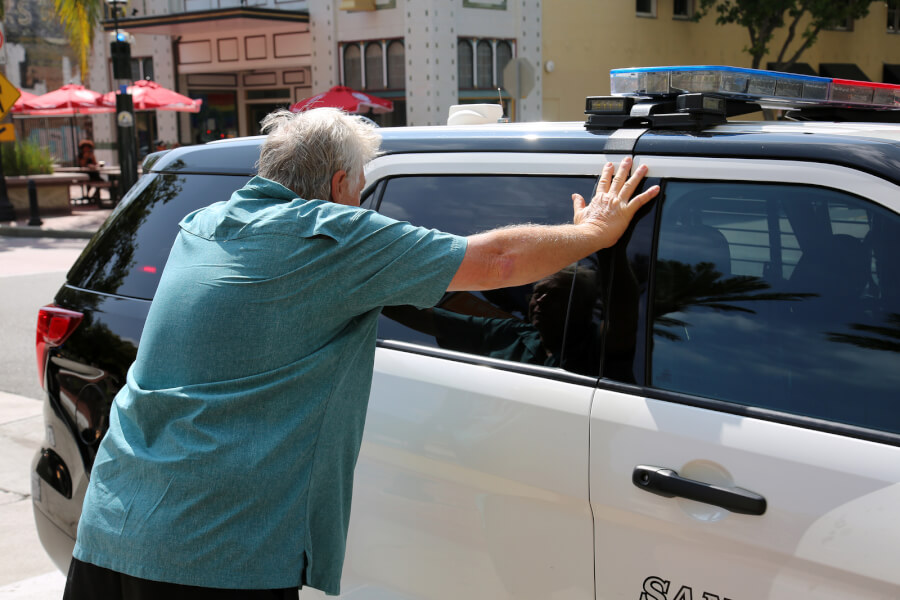 In our blog from December, we discussed the three parts to
In our blog from December, we discussed the three parts to  Your license is immediately revoked if there is a blood alcohol content of 0.08 or higher. You’ll lose your license for 30 days, just for being charged with DWI. You can request a limited driving privilege after 10 days, which will cost $100, plus whatever it costs you to get to work for ten days (if you still have a job.)
Your license is immediately revoked if there is a blood alcohol content of 0.08 or higher. You’ll lose your license for 30 days, just for being charged with DWI. You can request a limited driving privilege after 10 days, which will cost $100, plus whatever it costs you to get to work for ten days (if you still have a job.)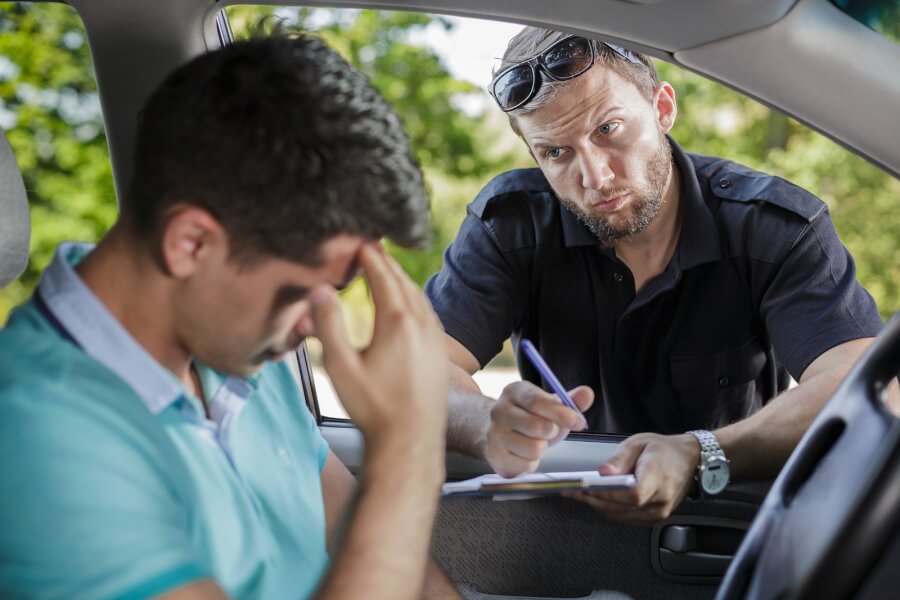
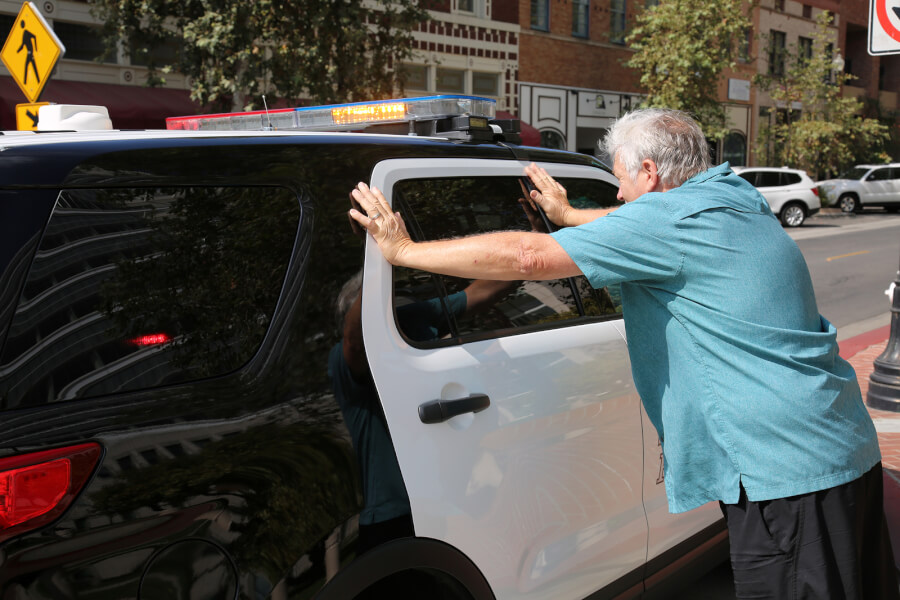

 Since becoming a US citizen takes a long time, a “green card” can give you the time you need to stay in the US while your citizenship is being processed. If you acquire a driver’s license in the US, you’ll also have to follow the laws for driving a car in the state where you live.
Since becoming a US citizen takes a long time, a “green card” can give you the time you need to stay in the US while your citizenship is being processed. If you acquire a driver’s license in the US, you’ll also have to follow the laws for driving a car in the state where you live.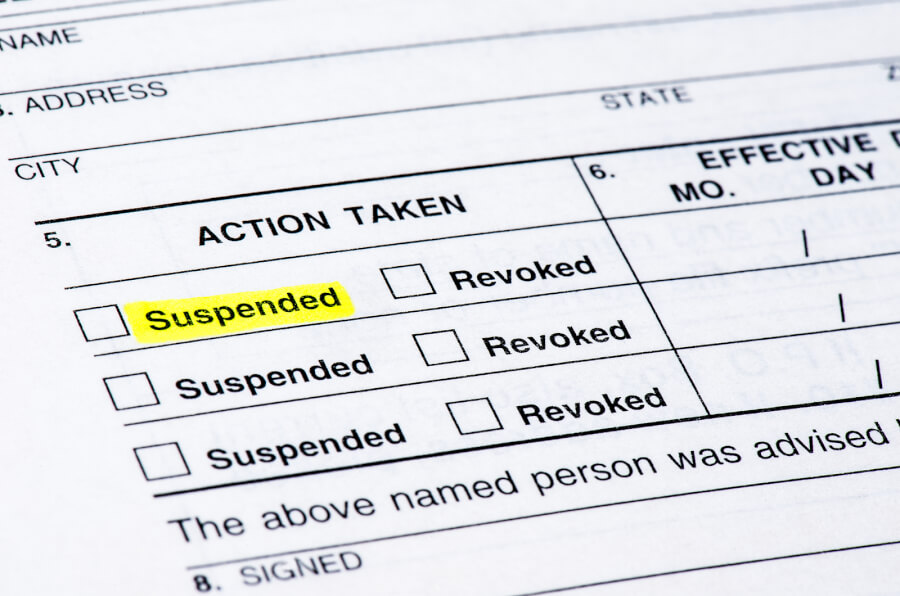
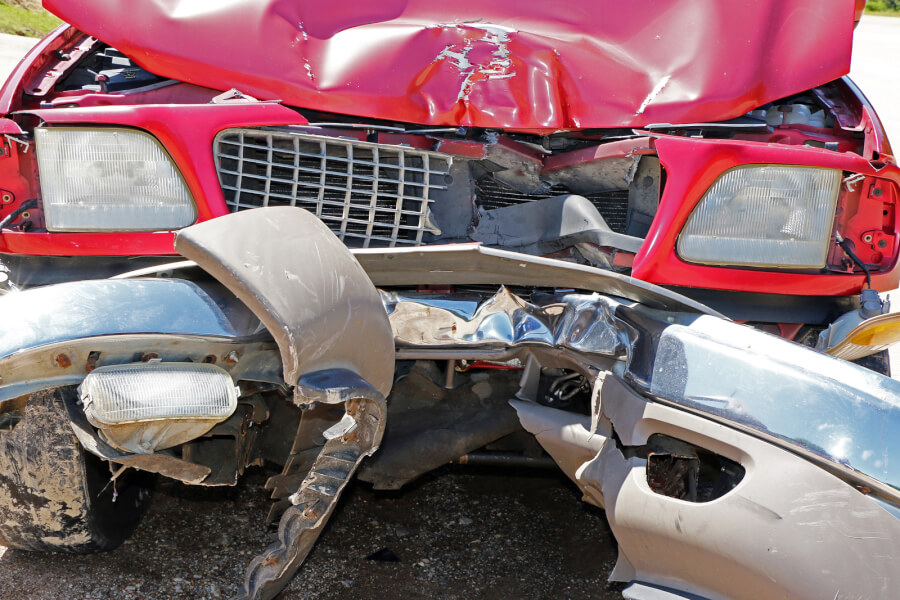 A police officer must follow specific, proper procedures for a drunk driving (or any) arrest. He or she must have reasonable suspicion or probable cause to pull a vehicle over, and be able to prove that you were, indeed driving while intoxicated or otherwise impaired.
A police officer must follow specific, proper procedures for a drunk driving (or any) arrest. He or she must have reasonable suspicion or probable cause to pull a vehicle over, and be able to prove that you were, indeed driving while intoxicated or otherwise impaired.